I started with film.
My first camera, for my eighth birthday, was a little 35mm made to look like an SLR. Then in middle school, my dad gave me his Minolta Maxxum -- it had a great meter, and I started making "real" photos with this camera. When I finished high school, my parents gave me a Canon Rebel (the film version); I actually preferred the Minolta, but it was on its last leg, and the Canon was fresh and new.
When I graduated from Hallmark in 2001, I was armed with a Mamiya 645, all manual, 15 frames to a roll of film. I felt good with that camera. The slow pull of the focus ring, the heavy thunk of the shutter, the boxy weight of the body in my hands. Sometimes I'd remove the prism finder and focus old school-style, just because.
The cost of film processing motivated my first digital camera purchase in 2005 -- a Canon 20D. I loved it immediately. I loathe it in hindsight.
The switch to digital was painful for me. I didn't really feel it at first; I was too caught up in the excitement of shooting and shooting without stopping to reload, in the instant gratification of the whole digital experience. But it hurt nonetheless.
I look back on the film work I was creating just out of school, and the first weddings I shot with my Mamiya, and, you know, I'm still proud of that stuff. There are still images that hold up. I told stories, and pretty good stories at that.
I attribute it to the waiting.
When you only have 15 frames, you learn to be patient. You savor every moment. You dedicate every shot. I had learned to linger, camera raised to my face, searching for the decisive moment.
Digital ripped patience from me and threw me brutally into a frenzy of burst shooting and zoom lenses. I grew frantic. I got lazy.
I hate looking at my work from those first few years with digital. My clients may have been happy, but I still cringe.
It's been nearly eight years since I first made the switch from film to pixels, and I'm finally starting to feel, well, GOOD about my results. Like, consistently good. I've learned to take full advantage of the freedoms digital affords me while honoring the boundaries that film taught me.
What does that look like? For me it's:
Lingering
To me, this word says it all. On any shoot, but especially at a wedding, things are happening all around us. Chaos abounds in moments big and small, and it's easy to get sucked into the whirlwind of happenings and to miss what matters. Sometimes I have to step back, and see the bigger picture. Sometimes I have to hone in on a finer detail. Either way, I have to quiet my mind, slow my breathing, and really see what's happening around me. Often I'll look in on a room or moment and think, "there's nothing to capture here." That's when I need to wait, to find the story, to linger. Sitting quietly and unobtrusively earned me this moment:
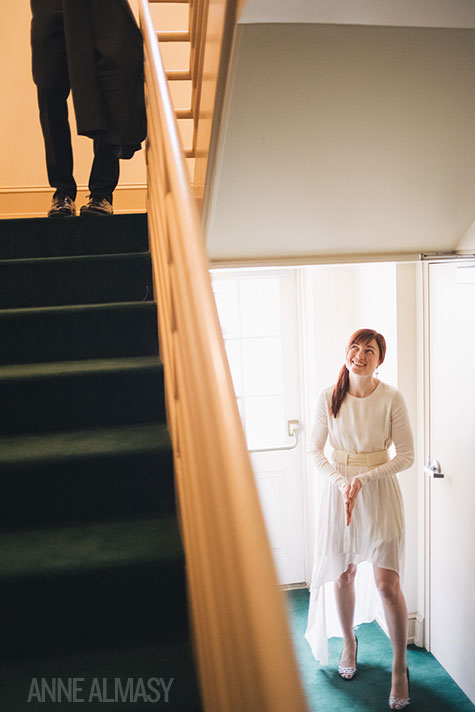
And this one:
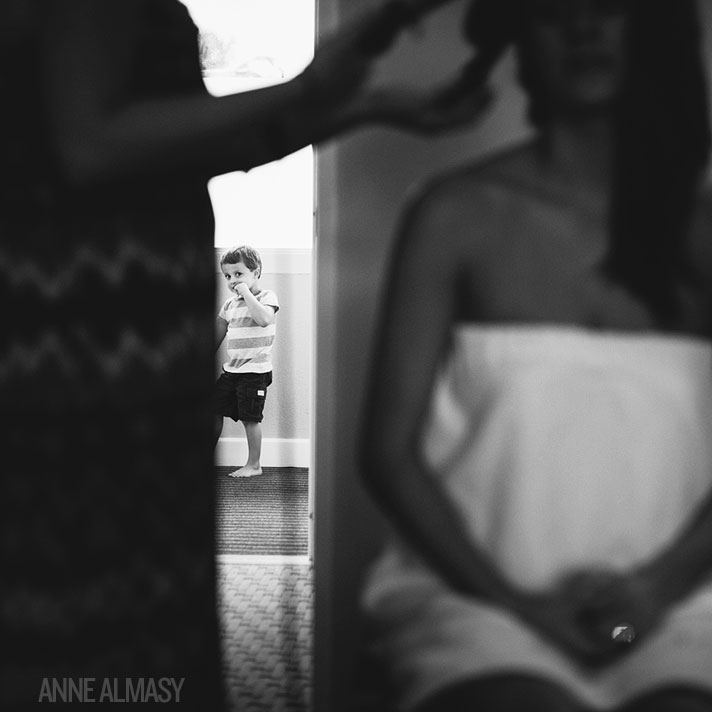
Shooting Past the Moment
First appearances are not everything; they are a door to everything. If I'd stopped at this moment:
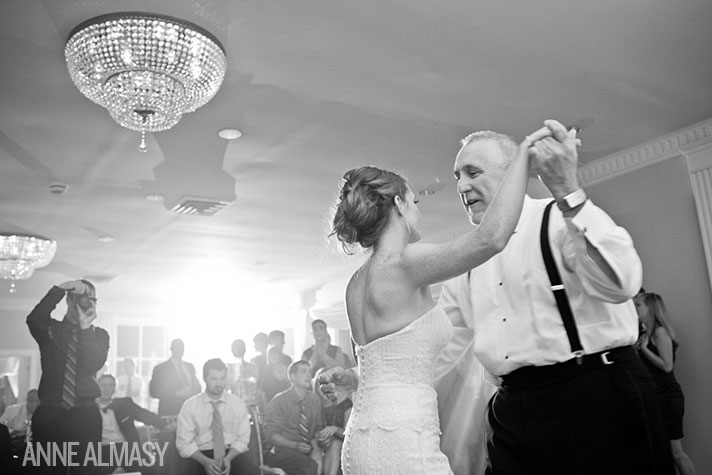
I would've missed this one:
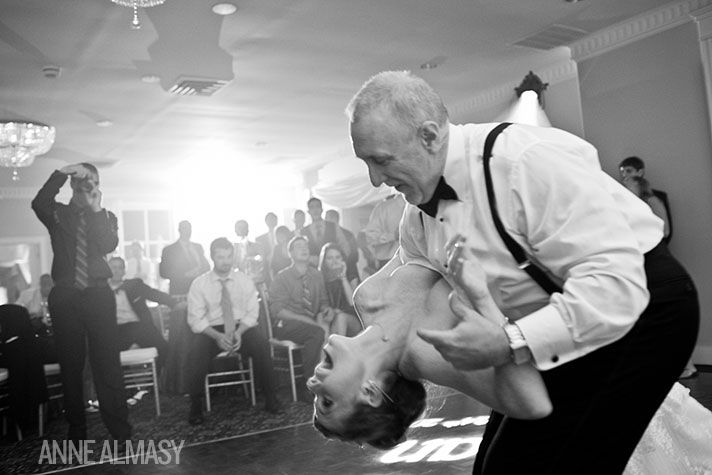
If I'd walked away after this shot:
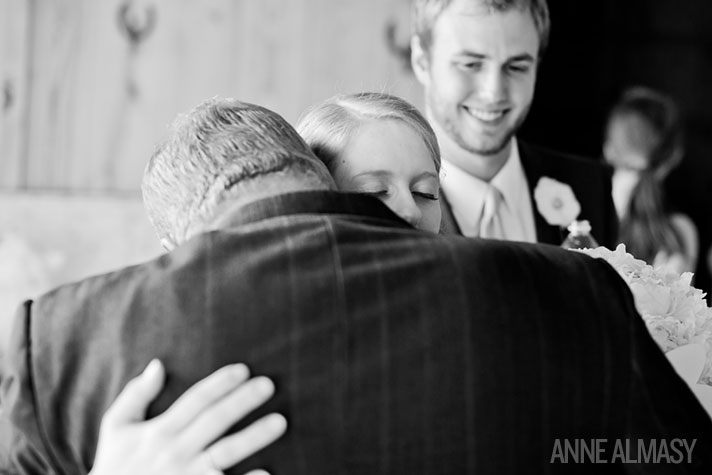
I wouldn't have found this:
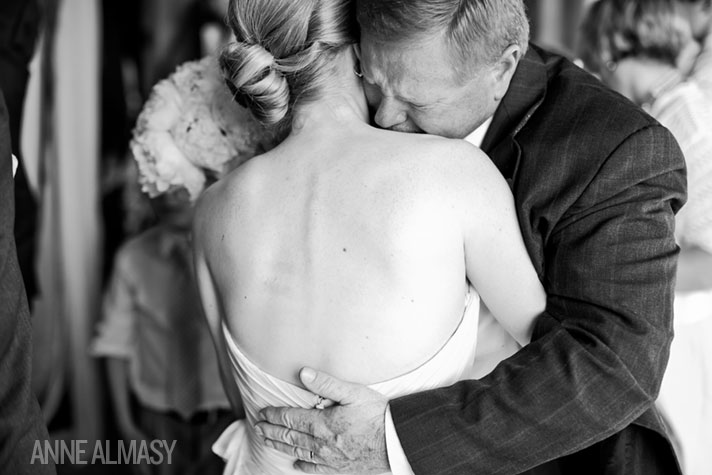
That initial moment mattered, because it drew me in. But there was a better image happening, and I had to stick around to find it. I had to look past the head to find the heart. I had to shoot past the moment. Film required that I hold back. Digital allows me to go and go and go and then go some more. To take full advantage of my medium, I have to respect the patience I learned from film, then take full advantage of the freedoms digital offers.
Getting Off My Ass
Zoom lenses were the bane of my photography existence. I say "were", because I've learned that they have their place; just not very often in my lens bag. Zooms made me lazy. They gave me the go-ahead to plant my feet and tell stories with a flick of my wrist -- which were not really stories at all. Primes, on the other hand, demand more of me. They require anticipation and vision and improvisation and creativity. I have to make decisions and stick with them. I have to make it work.
Had I had a zoom lens on my camera at this moment, I might have cropped in on the bride's face. Instead I was forced to fill all corners of my frame and MAKE a photograph rather than TAKE a photograph. And I think this is a stronger image for it.
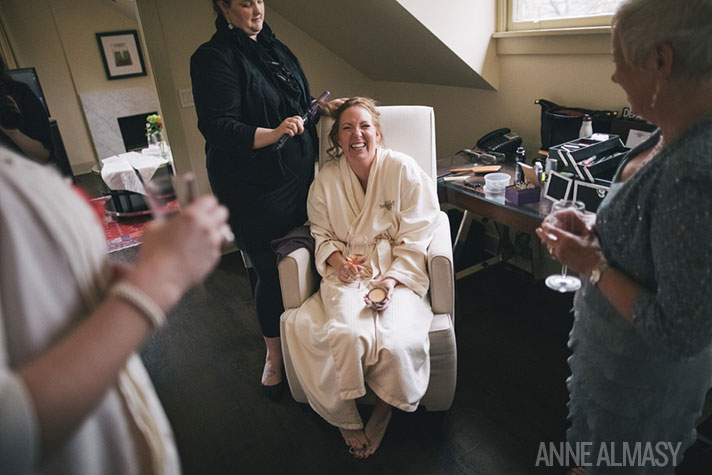
Likewise, with a zoom, I never would've been forced close enough to the action to make this photograph:
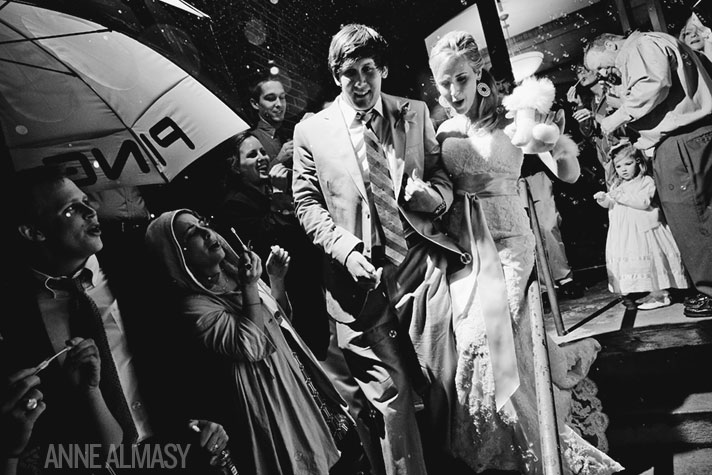
Far be it from me to attempt to sway anyone toward film or digital, toward zooms or primes. I'm me. I shoot the way I shoot. I see stories through the lens of my own unique experiences and values. This is my photography journey, and you -- whether a new mom making photos of her baby with a point-and-shoot, or an evolving pro who just scored the newest DSLR -- are on yours. I just hope that my story encourages you to move courageously through your own.
Hate your work; and love your work. Change your mind; and stick to your guns. Find the moment; then scrap it -- and start all over again.
I'm sure that in another decade I'll be someone completely new. But I'll always be the girl who started with film.